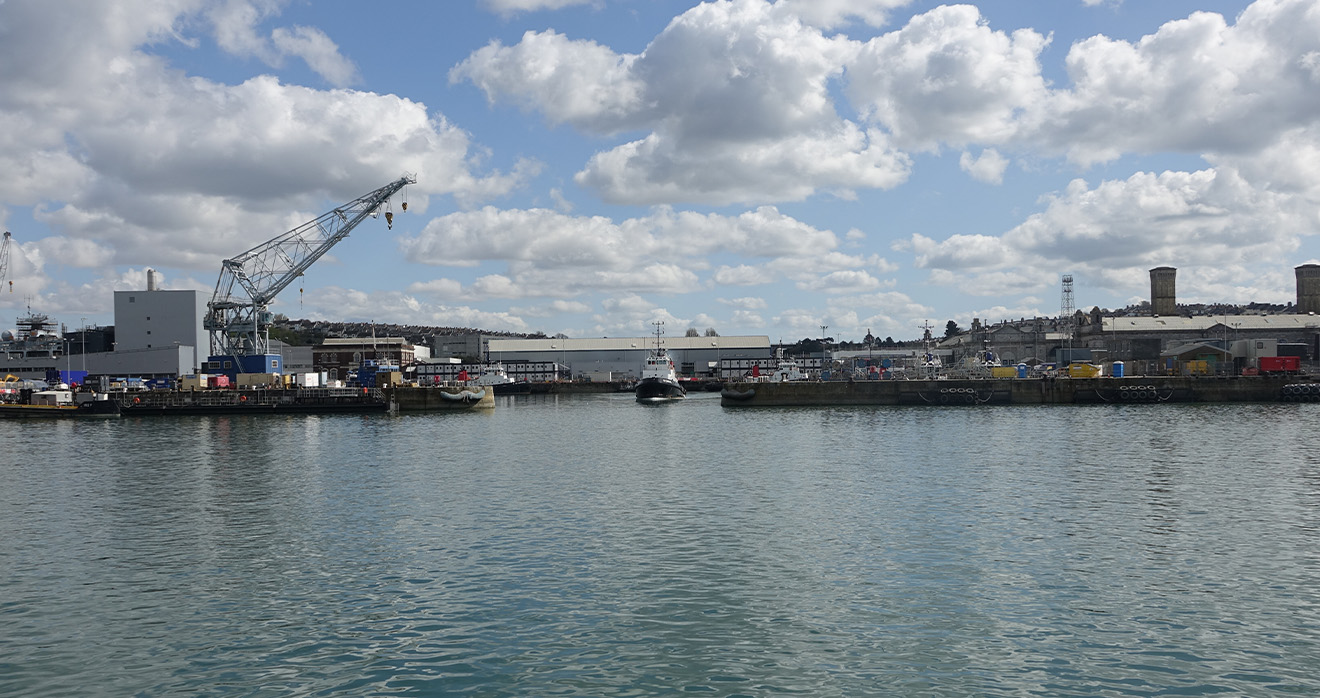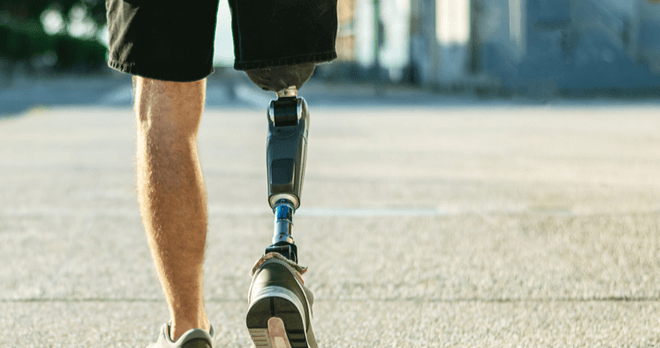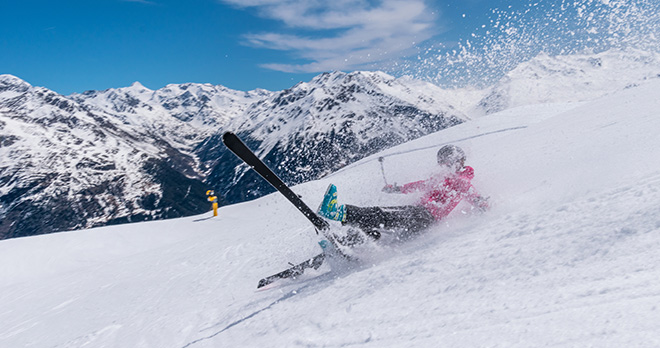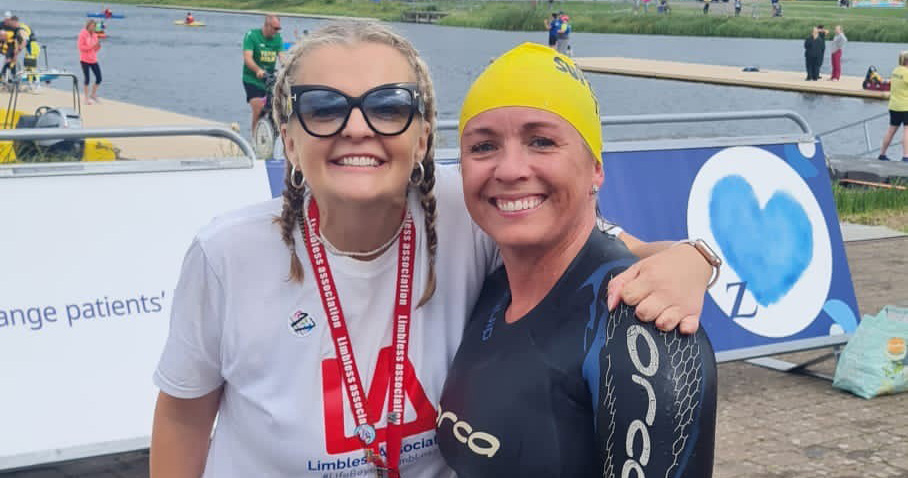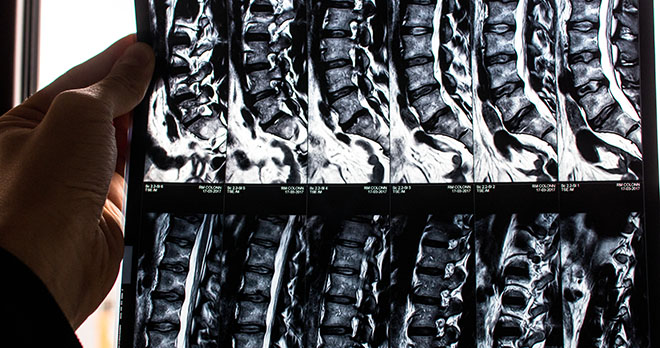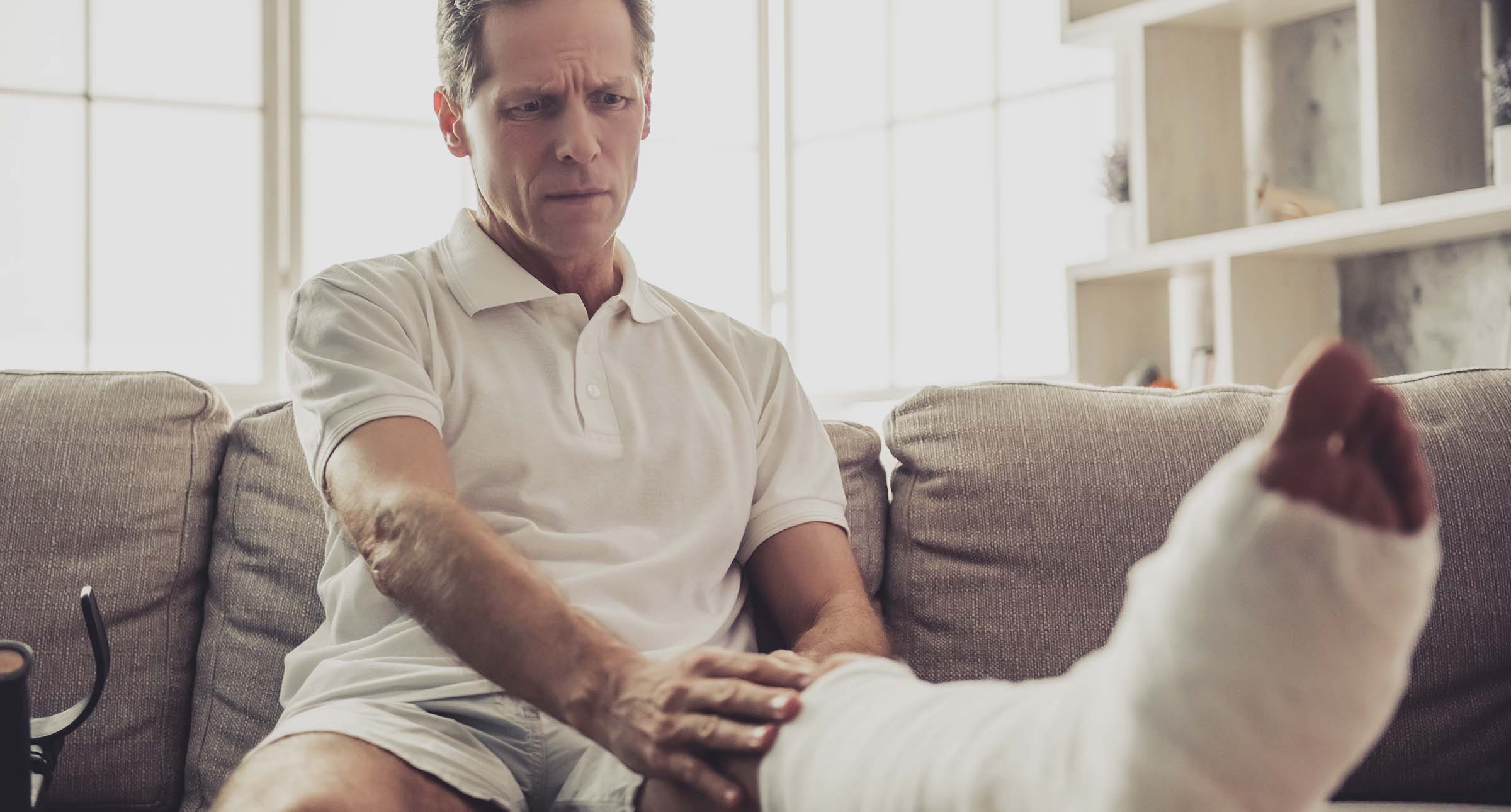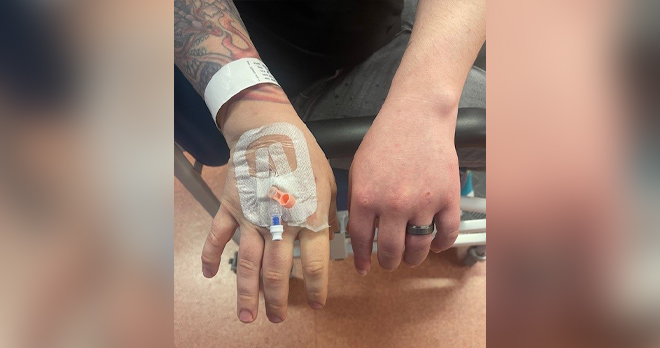Travelling with a spinal cord injury
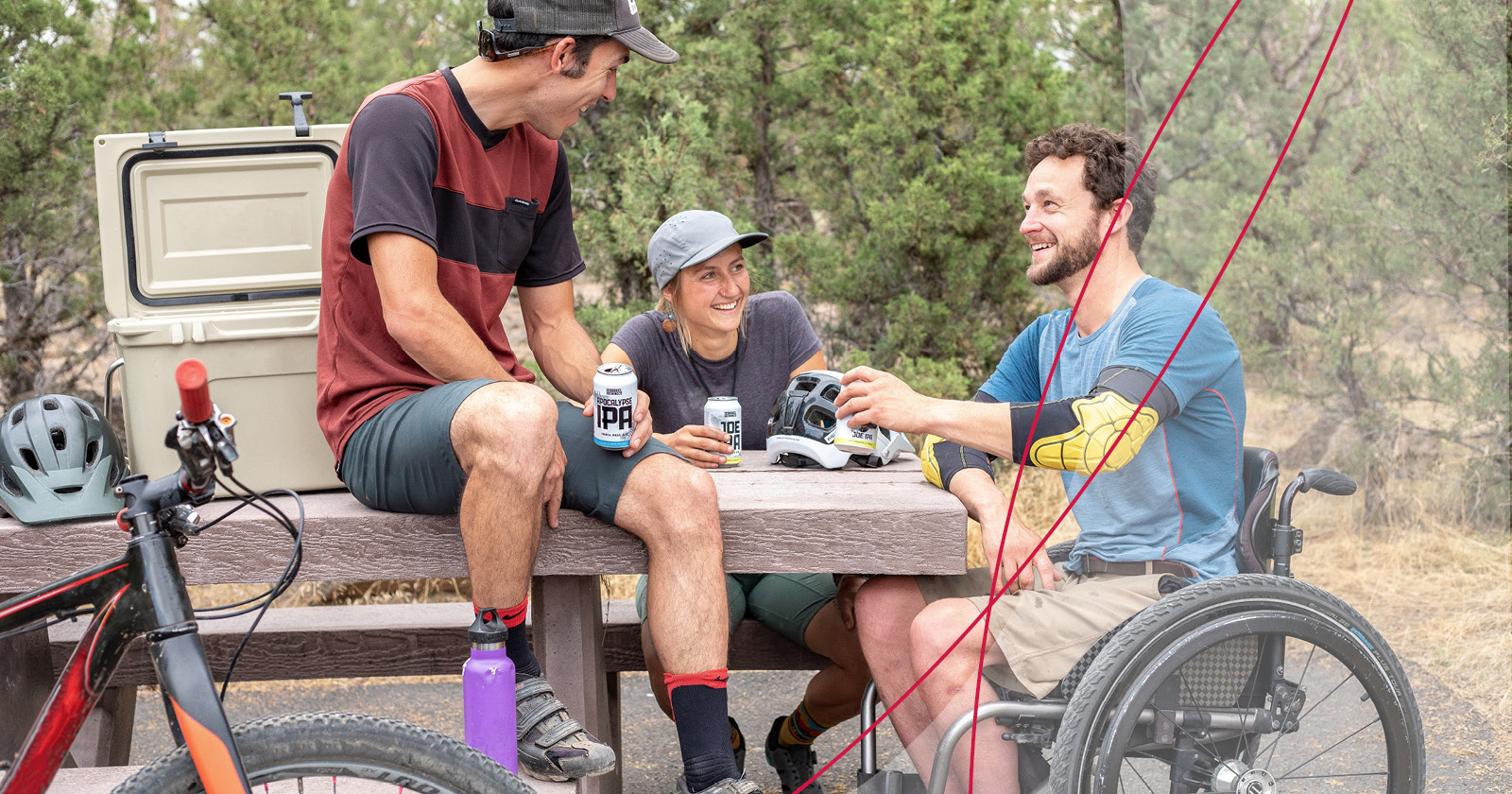
By Maggie Sargent - Director of Community Case Management Services (CCMS)
Looking back over the last 12 years, I have taken people who were travelling in a wheelchair on over 20 holidays and have travelled with clients ranging from paraplegics to someone requiring a ventilator for 24 hours a day.
Fortunately, the main feedback I have received from clients is that it was definitely the best experience that they have had since their injury. That is not unusual considering that it is normal practice for someone to take a holiday each year and, because someone has had an injury, it should be no different for them.
Travelling by air
The first thing to do is to register with the airline and then, on arrival, to check in with Special Assistance because they then provide help all the way through from check-in to boarding the plane. All clients in wheelchairs will need help boarding a plane, and the next thing to do is to inform the airline, give them details of the wheelchair and, if there is a battery, provide details of this. They will then advise whether or not it needs to be disconnected from the wheelchair during travel, and whether clients should provide an extra bag in order to keep it safe. In some cases I have managed to negotiate up to three extra bags for equipment and medical support. I have even taken a commode chair and a sports chair through as extra luggage.
It is possible for a client to have a trial of accessing an aircraft (the SIA have a helpful guide to this on their website) and clients will be able to go along and see just how they would manage on an aircraft. Before doing so it is best to check what sort of plane they might be travelling on.
It is common for clients to be taken onto the aircraft either directly from the gate or in a lift at the side of the plane, which provides a crane-type lift. The airline will provide a special assistance seat to transfer onto from the wheelchair. It is the most difficult thing for most people to see their wheelchair leave them and be put into the hold, and to see their concern that they cannot keep it on the aircraft with them. The airlines are responsible for the wheelchair and, if for any reason it is missing on landing, they will seat clients in an airport wheelchair. There is no access to the wheelchair during the flight and therefore toileting has to be considered and, if necessary, clients will need to have either a double drainage bag or other incontinence method with them. As well as informing any holiday company that clients are booking their travel with someone who is a wheelchair user, it is also important to check that the airline itself is aware of the client’s special needs.
As stated earlier, clients will be given help all the way through by Special Assistance, up to and including getting on the aircraft. Thereafter, it is usually the airline staff or carers who provide help with the client up to seating and getting on/off the aircraft. I sometimes almost miss not having a wheelchair with me when I otherwise travel because it takes so much longer going through security and clearance!
Ferry travel
Travelling by ferry is similar to catching a flight, but they have special parking for the disabled next to the lift and disabled rooms located next to the lifts on a separate floor. Clients will be given a special sticker to ensure that life is made as easy as possible for them when checking their vehicle onto the ferry.
Going on a cruise
Again, this is similar to air transport. Clients will not only need to check that they have disabled facilities, but also the size of the cabin is suitable. It is important that, if a client is staying for several days, that they have the right type of bed, hoist, or shower equipment in the accommodation and also room for carers.
Clients will also need to find out as a priority where the nearest hospital is to the ports being called into.
It will be necessary to inform the cruise line that clients will need to have specific transport for all activities and day trips off the boat.
Driving and car hire
It will be necessary to check with the client’s insurance company that they have full medical cover, to include help to return home with emergency assistance. It will also be necessary to ensure that all possible drivers, including all carers and family members, are insured for Europe and that the insurance company are aware that one or more of the passengers has special needs.
Accommodation
Whenever possible, it is best to try to obtain a video of the accommodation the client is visiting or to go somewhere that someone else has recommended. The SIA have lists of suitable accommodation in different countries, and their magazine is full of recommendations. The main issue is access in the area and the hotels that have best access to the beach or ski slopes, depending on the holiday being planned.
There are number of specific travel organisations, but as above, I recommend a video is obtained, if at all possible, on the hotel or property and the surrounding area.
I would also recommend contacting the local equipment supplier to see what is available rather than relying on the travel agent. The hotel may have lists of equipment suppliers in a specific company, but I would recommend finding a local supplier, who would be able to help if there were a problem with the hoist the client has rented out, for example:
When looking at houses, it is important that clients work out what their priority is – is it having full access to the house, access to the pool, or accessing the beach or ski slopes?
Sports
I can recommend both surfing and skiing. As far as skiing is concerned, it is helpful to liaise with a specialist ski school such as Oxygene, who have operations in Val-d'Isère, La Plagne, Courchevel, Méribel, Val Thorens, and Tignes. By better understanding potential requirements, Oxygene can also provide advice on accommodation and transfers to and from the resort.
Surfing in Devon is operated via the charity The Wave Project, and they can provide insurance and equipment and can advise on accommodation.
There are many other specialist sports that people do take part in, and I would always recommend to clients going on a specialist sporting holiday that they try to obtain a personal recommendation for a special location because sometimes those sports mentioned in general travel blogs are not always available.

It is with great pride in our personal injury and clinical negligence teams, and the experts and charities that they work with, that we present this edition of Team Around the Client magazine focusing on spinal medical and legal issues.
If you think you have a claim for spinal cord injury, contact our specialists today.
Call now
